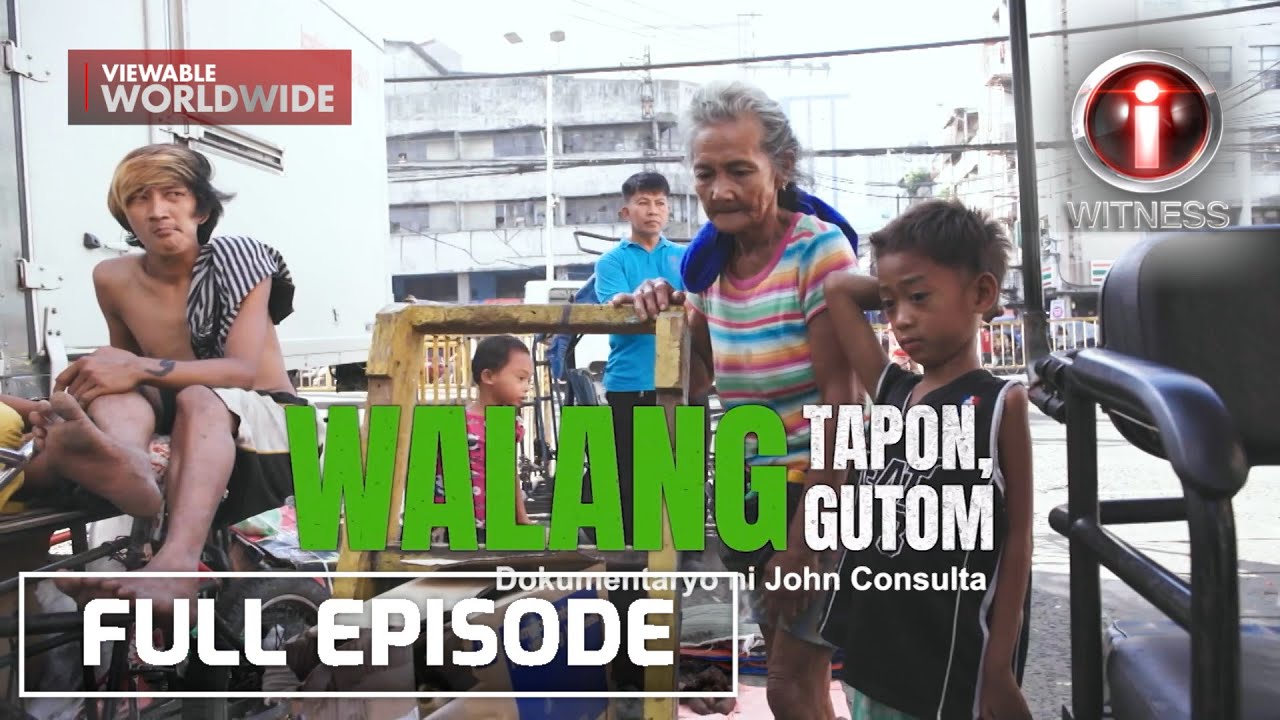Freegans
Summary
TLDRThe transcript highlights the perspective of a freegan, emphasizing the vast amount of food waste in society, including discarded items from supermarkets. The speaker argues that despite claims of resource scarcity, there's more than enough food to feed the world, as evidenced by overflowing bins. They reflect on a community ethos of valuing resources and criticize the convenience-driven culture that overlooks food waste. The narrative suggests that wasting food is a moral failure against both the planet and humanity, calling for a reevaluation of our consumption habits.
Takeaways
- 🍺 A significant amount of food and drink is wasted, including 80 cans of beer and 150 bottles of Lucozade.
- 🐔 Freeganism emphasizes using unused resources, which often includes salvaging food that would otherwise be discarded.
- 🌍 There is an abundance of food in the world, countering claims of scarcity; much waste occurs even in affluent societies.
- 📦 Many wasted items come from developing countries, highlighting the disconnect between production and consumption.
- 🧹 The process of retrieving and cleaning discarded food requires effort, contrasting with the convenience of supermarket shopping.
- 👨👩👦 A common thread among freegans is a childhood teaching against wastefulness, promoting resourcefulness.
- 💰 The high level of waste in society is attributed to overabundance and a loss of appreciation for resources.
- ⚖️ Wasting food is framed as a crime against both the planet and humanity, emphasizing the ethical implications.
- 🥗 Freeganism can be seen as a lifestyle evolution rather than a lifelong commitment.
- 🤝 Community values around waste and resourcefulness play a crucial role in the freegan movement.
Q & A
What is freeganism?
-Freeganism is a lifestyle aimed at minimizing waste by utilizing resources that are discarded or not being used, particularly food.
What types of food did the speaker mention being discarded?
-The speaker mentioned 80 cans of beer, 150 bottles of Lucozade, 150 frozen chickens, and 18 bottles of wine being discarded.
Why does the speaker believe there is more than enough food to feed the world?
-The speaker argues that the abundance of wasted food, as shown by overflowing bins, contradicts the notion of scarcity in food resources.
What does the speaker imply about the convenience of buying food?
-The speaker suggests that it is more convenient to buy clean, packaged food from supermarkets than to retrieve and clean discarded food, despite the latter being more resourceful.
How does the speaker relate their upbringing to their views on waste?
-The speaker notes that their upbringing emphasized not being wasteful and being resourceful, which is a common value among their community.
What is the speaker's perspective on the current wealth of society?
-The speaker believes that society's wealth has led to a disconnect from the value of resources, contributing to widespread waste.
Why does the speaker view wasting food as a crime?
-The speaker sees wasting food as a crime against the planet and humanity because it reflects a disregard for valuable resources and ethical consumption.
What does the speaker mean by saying that freeganism has evolved in their life?
-The speaker indicates that their commitment to freeganism has developed over time, influenced by personal experiences and societal observations.
What role does community play in the speaker's approach to freeganism?
-The community shares a common understanding of the importance of resourcefulness, which reinforces the speaker's commitment to reducing waste.
What examples does the speaker give of wasted resources?
-The speaker mentions wasted food such as fruit and vegetables, which are often shipped from developing countries only to be discarded in developed nations.
Outlines

Этот раздел доступен только подписчикам платных тарифов. Пожалуйста, перейдите на платный тариф для доступа.
Перейти на платный тарифMindmap

Этот раздел доступен только подписчикам платных тарифов. Пожалуйста, перейдите на платный тариф для доступа.
Перейти на платный тарифKeywords

Этот раздел доступен только подписчикам платных тарифов. Пожалуйста, перейдите на платный тариф для доступа.
Перейти на платный тарифHighlights

Этот раздел доступен только подписчикам платных тарифов. Пожалуйста, перейдите на платный тариф для доступа.
Перейти на платный тарифTranscripts

Этот раздел доступен только подписчикам платных тарифов. Пожалуйста, перейдите на платный тариф для доступа.
Перейти на платный тарифПосмотреть больше похожих видео

Lisa Ling Goes on a "Trash Tour" with Freegans | The Oprah Winfrey Show | Oprah Winfrey Network

Trash of a Human Lifetime | National Geographic

Dechetarien

Tristram Stuart: The global food waste scandal

Food Waste: Last Week Tonight with John Oliver (HBO)

‘Walang Tapon, Walang Gutom,' dokumentaryo ni John Consulta | I-Witness
5.0 / 5 (0 votes)
